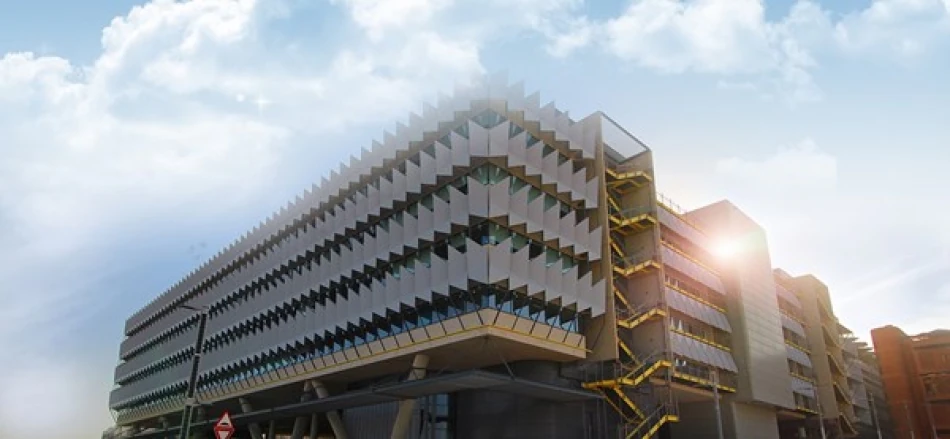
Abu Dhabi Customs Sees Surge in Digital Transactions, Driving Efficiency and Modernization
Abu Dhabi Customs Digitization Drive Delivers 10% Growth as UAE Positions Itself as Regional Trade Hub
Abu Dhabi Customs Authority has achieved a 10.08% surge in digital transactions through its online platforms in the first eight months of 2025, signaling the UAE capital's aggressive push to modernize trade infrastructure and cement its position as the Middle East's premier business destination. The growth comes as regional competitors intensify their own digitization efforts to capture post-pandemic trade flows.
Digital-First Strategy Pays Dividends
The customs authority's digital transformation has yielded impressive results across multiple metrics. Proactive transactions jumped 28.93% as a share of total customs operations, while customs data processing expanded by 18% during the January-August period compared to 2024.
Most notably, pre-arrival clearance transactions now account for 82% of all customs clearance procedures across the emirate's entry points. This shift toward advance processing reflects a broader trend among leading trade hubs like Singapore and Rotterdam, where predictive clearance systems have become essential for maintaining competitive advantage.
Customer Satisfaction Reaches Near-Perfect Levels
User satisfaction with Abu Dhabi Customs services via the government's digital platform "Tamm" climbed to 95.94%, up from 94.17% in the same period last year. Such high satisfaction rates typically correlate with increased trade volumes, as businesses gravitate toward jurisdictions offering seamless customs experiences.
Strategic Implications for Regional Trade Competition
Abu Dhabi's customs digitization surge comes at a critical juncture for Gulf trade hubs. As global supply chains continue reshaping post-COVID, emirates and neighboring countries are racing to capture diverted trade flows from traditional routes through Europe and East Asia.
The 19.72% growth in transactions processed through direct integration with express shipping companies' systems particularly highlights Abu Dhabi's focus on high-value, time-sensitive cargo—a segment that generates premium revenues and attracts multinational logistics operations.
Reduced Friction Drives Business Appeal
The 10.98% reduction in customer effort required for customs procedures represents a tangible competitive advantage. In trade logistics, where time literally equals money, such efficiency gains can influence corporate decisions about regional headquarters locations and supply chain routing.
Broader Economic Strategy at Work
According to Rashid Lahej Al Mansoori, Director General of Abu Dhabi Customs, these improvements align with the emirate's vision of building a "sustainable, resilient, knowledge and technology-based economy." This positioning mirrors successful models in Singapore and Hong Kong, where customs efficiency became a cornerstone of broader economic competitiveness.
The customs authority has expanded its digital service portfolio to include goods clearance, entry/exit certificates, and customs declaration modifications, while introducing additional payment methods to streamline user experience.
Market Outlook and Investment Implications
For businesses evaluating Middle East operations, Abu Dhabi's customs performance indicates a jurisdiction serious about trade facilitation. The sustained double-digit growth in digital transactions suggests robust underlying trade activity, potentially making the emirate attractive for logistics companies, freight forwarders, and manufacturers seeking regional distribution hubs.
The emphasis on proactive and pre-arrival clearance systems also signals Abu Dhabi's preparation for higher trade volumes, positioning itself to handle growth as regional commerce expands and supply chains potentially shift away from geopolitically sensitive routes.
Most Viewed News

 Layla Al Mansoori
Layla Al Mansoori






